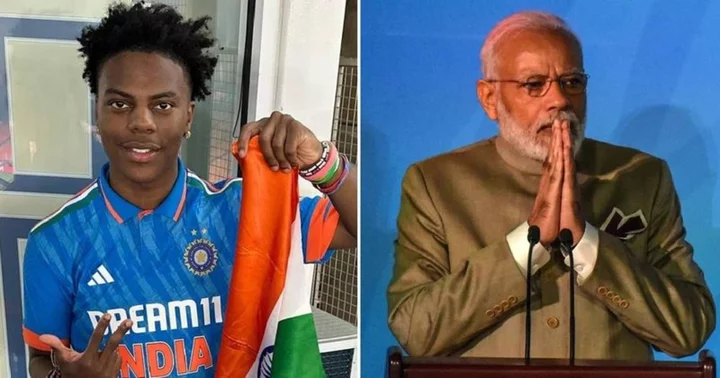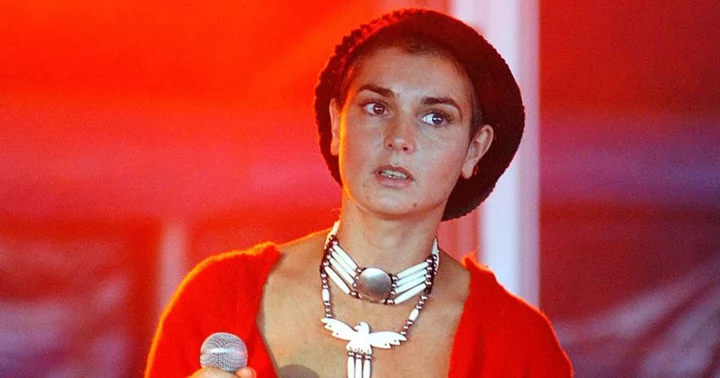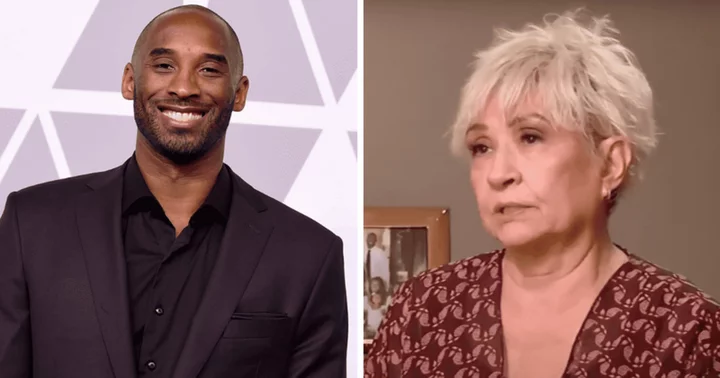By Jessie Pang
HONG KONG Various versions of the pro-democracy protest anthem "Glory to Hong Kong" were unavailable on Apple’s iTunes Store, Spotify, KKBOX, Facebook and Instagram’s Reels on Wednesday after the government sought an injunction banning the song outright.
A Reuters search for the song’s Chinese title on Apple's iTunes Store and KKBOX and a search for the song's English title on Facebook and Instagram’s Reels only showed a Taiwan version of the song by Taiwanese rock band The Chairman.
The song was the unofficial anthem of Hong Kong's 2019 sometimes violent pro-democracy street protests.
Various versions of the song released by the creator "ThomasDGX & HongKongers" on Spotify were no longer available.
Spotify said the song was taken down by the distributor, not by its platform.
DGX Music, the music group behind the song, said on their Facebook page that they "are dealing with some technical issues unrelated to the streaming platform".
"Sorry for bringing the temporary impact. Thank you every audience!" DGX Music wrote.
The injunction application comes after "Glory to Hong Kong" was played mistakenly at several international events, including a Rugby Sevens game and an ice hockey competition.
The song was banned in schools in 2020 after China imposed a national security law on the financial hub cracking down on dissent.
The city’s leader, John Lee, said in a regular government press conference on Tuesday that the song was "not compatible with the national interest”.
“Hong Kong Special Administrative Region has a duty and obligation to safeguard national security, and we should do it proactively and also preventively,” Lee said.
The head of Amnesty International’s China team, Sarah Brooks, said in a statement that "a song is not a threat to national security, and national security may not be used as an excuse to deny people the right to express different political views".
Hong Kong returned from British to Chinese rule in 1997 with the guarantee its freedoms, including freedom of speech, would be protected under a "one country, two systems" formula. Critics of the national security law say those freedoms have eroded swiftly.
According to a writ seen by Reuters, the government seeks to ban performing and disseminating of the song, including online, its melody and lyrics and any adaptations.
The writ also listed 32 YouTube videos related to the song, including instrumental and sign-language versions. The application for an interim injunction will be heard by the High Court on July 21.
The government asked anyone who opposes the injunction to contact police by June 21 and provide their name, address, telephone number and identity card number.
"Glory to Hong Kong", including its various versions, dominated the top 10 in Apple’s Hong Kong iTunes Store chart as people rushed to buy the song after the government announced its bid to ban it.
Overseas Hongkongers have launched a global appeal to radio stations around the world to broadcast the song. Radio stations in Australia, France, Ukraine, Denmark and Estonia have played the song.
Apple, KKBOX and Google did not immediately respond to requests for comment.
Meta, which owned Facebook and Instagram, has declined to comment.
Hong Kong does not have its own anthem. "Glory to Hong Kong" has been played mistakenly instead of the Chinese national anthem "March of the Volunteers". The Asia Rugby Association blamed "a simple human error" for its mistake.
Hong Kong's security chief said in December Google had refused to change its search results to display China's national anthem instead of "Glory to Hong Kong" when users searched for Hong Kong's national anthem, expressing "great regret" at the decision.
(Reporting by Jessie Pang; Additional reporting by Josh Ye; Editing by Nick Macfie and Jonathan Oatis)









